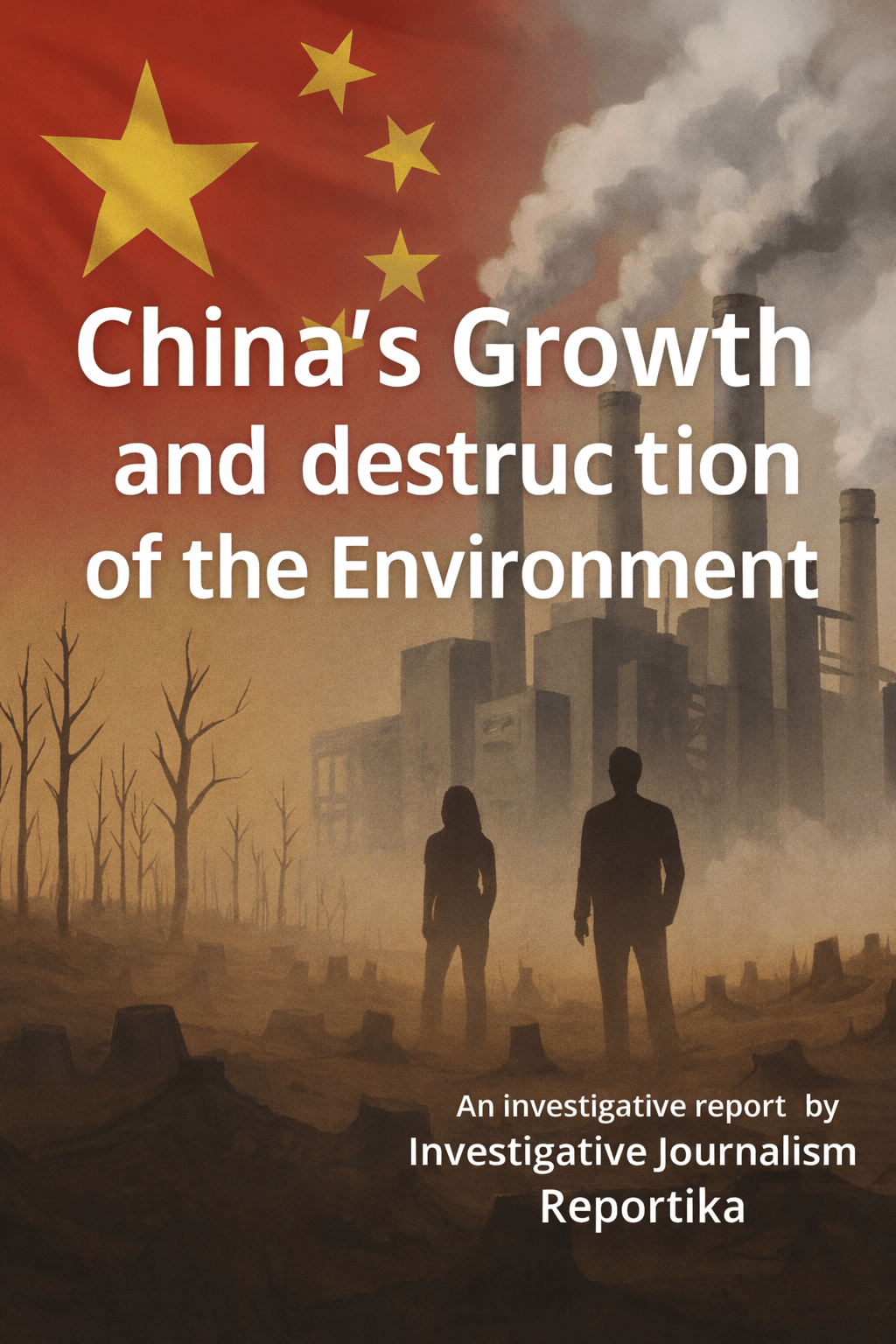North Korea declined China’s offer to rescue residents on islands in the Yalu River–some of whom later died in flooding–because Pyongyang was afraid that those rescued would try to escape to China permanently, officials in the country told Radio Free Asia.
As heavy rains caused rising waters in the Yalu River, which divides the two countries, it became apparent that opening floodgates at hydropower dams would be necessary. But doing so would submerge inhabited islands near the northwestern city of Sinuiju, which lies across the river from China’s Dandong.
“The heavy flood damage in Sinuiju, which occurred between the noon of the 27th and the early morning of the 28th, occurred when the floodgates of the Taepyongman Hydropower Station were opened,” an official from Sinuiju’s surrounding province of North Pyongan told RFA Korean on condition of anonymity to speak freely. “An evacuation order was issued to Sinuiju residents before opening the floodgates around 2 a.m. on the 28th.”
By then, the waters were so high that people didn’t dare try to escape on their own, he said, adding that many people on one of the islands died when the floodgates were opened.
A South Korean government official told reporters that up to 1,500 residents have died or are missing as a result of the floods. That number hasn’t been verified by North Korea.
North Korean state media, meanwhile, reported that 4,100 homes and 7,000 acres of land have been submerged. State media has also used the disaster to boost the profile of the country’s leader Kim Jong Un by featuring him in photos that apparently show him personally leading rescue operations.
The deaths could have been prevented, as China had offered to save the residents before the waters got too high, another North Pyongan official told RFA on condition of anonymity for security reasons.
“The police in Dandong conveyed their intent to rescue the island residents to the North Pyongan Province’s Social Security Bureau,” he said. “However, Kim Jong Un refused China’s offer and so many residents who were stranded on the island became victims.”
On July 27, when heavy rains showed no signs of stopping soon, representatives from both cities discussed opening the floodgates, the official said.
“They only open if China agrees,” he said. “It was obvious that if the water gates of the power plant were opened while the Yalu River was very swollen, the islands in the estuary would be submerged.”
It was then that the Dandong police said that they could safely move the island residents to China, but were rejected by Kim, the official said.
“Kim Jong Un did not allow the islanders to evacuate to China under the pretext that they could flee to South Korea. Meanwhile, it got dark and a helicopter deployment became impossible,” he said, adding that North Korean rescue teams couldn’t start evacuations until the next day and they were staying at a nearby hotel.
After the rescue was completed, Kim Jong Un arrived on the scene to lead and direct the rescue.
“Kim Jong Un arrived in Sinuiju around 8 a.m. on the 28th. The rain had already stopped and the water in the Yalu River was decreasing.”
South Korean outlet Yonhap News reported that Kim Jong Un told North Korean media that there were no casualties and accused South Korean media of “fabricating” the scale of flood damages.
Translated by Claire S. Lee. Edited by Eugene Whong.



